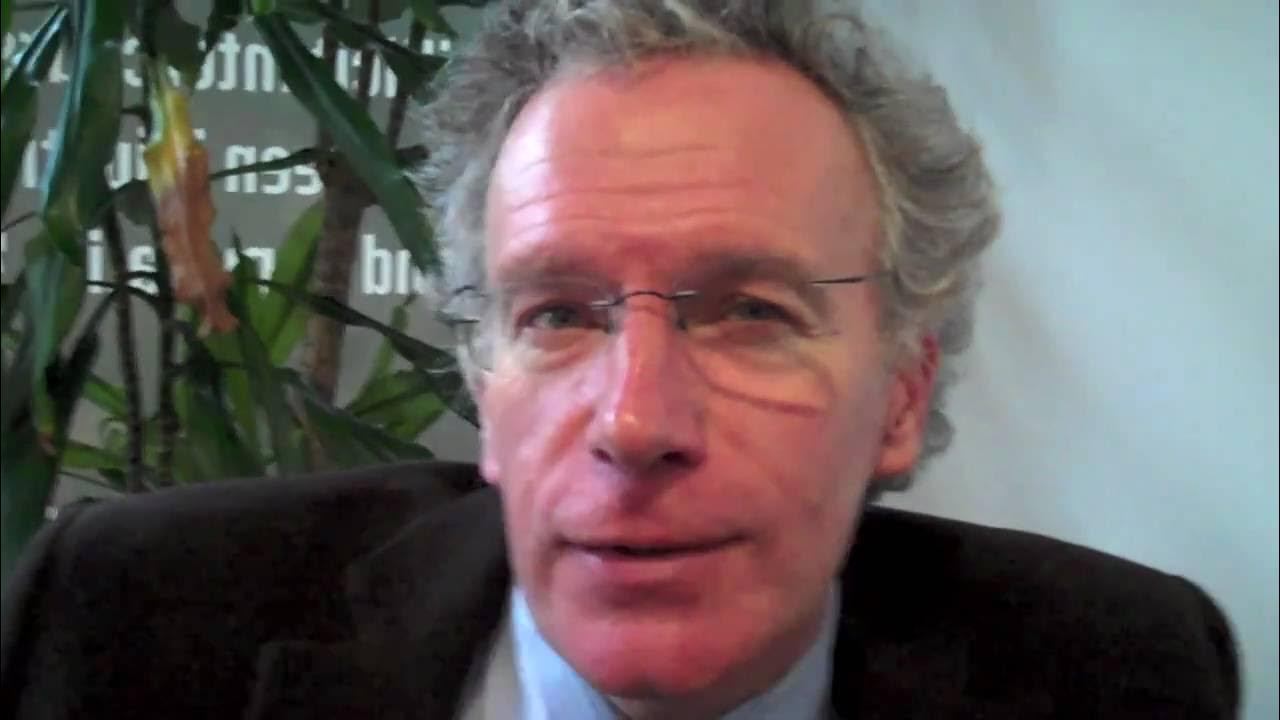$80,000 For A Youth "Mission Trip"? Paul Washer's Assessment
Summary
TLDRIn this thought-provoking discussion, the speaker critiques the current approach to youth missionary trips, arguing that they often lack biblical foundation and fail to genuinely prepare participants for evangelism. Emphasizing the importance of theological training, the speaker outlines the biblical definition of a missionary as one sent by the church, equipped to proclaim God's truth. The conversation delves into the roles of church leaders, the necessity of elder-qualified men in missions, and the need for proper training in the church to cultivate effective evangelists and servants, challenging conventional notions of mission work and highlighting the critical role of local church leadership.
Takeaways
- 😀 Youth mission trips often lack biblical support and fail to adequately prepare participants for meaningful missionary work.
- 😀 A rigorous selection process for missionaries is essential, prioritizing serious commitment to faith and knowledge of scripture.
- 😀 The term 'missionary' derives from the Latin 'missionarios', meaning one who is sent, and implies a clear theological purpose.
- 😀 There are two types of apostles: those directly commissioned by Christ and those sent by local churches with elder qualifications.
- 😀 The role of missionaries should focus on church planting and proclaiming God's truth, rather than merely performing service tasks.
- 😀 Evangelists, pastors, and teachers are key figures in fulfilling the Great Commission and must be elder-qualified.
- 😀 Church leaders should prioritize equipping members for specific roles in missions rather than relying on traditional models.
- 😀 The church must address gaps in leadership and teaching to effectively train all members, including women and fathers.
- 😀 Effective missions require the church's authority and doctrinal integrity to ensure that missionaries carry the church's teachings.
- 😀 There is a need for structured training in church settings to foster effective evangelism and service among members.
Q & A
What is the speaker's stance on short-term youth mission trips?
-The speaker is critical of short-term youth mission trips, arguing that participants often lack the necessary training and commitment to effectively evangelize, and he believes these trips are not biblically grounded.
How does the speaker define a missionary?
-The speaker defines a missionary as someone who is sent by the church, equipped with theological knowledge and the authority of the church, contrasting this with the historical definition of apostles.
What does the speaker suggest is lacking in many youth involved in missions?
-Many youth involved in missions often lack proper knowledge of the Bible, understanding of systematic theology, and training in evangelism, which the speaker considers essential for effective ministry.
What should be the primary focus of missions according to the speaker?
-The primary focus of missions should be the training and sending of elder-qualified leaders—evangelists, pastors, and teachers—to establish and strengthen local churches.
How does the speaker view the role of women in missions?
-The speaker acknowledges that women can participate in missions but emphasizes that they should be sent under specific tasks and the authority of the church, rather than taking on roles reserved for elders.
What is the significance of Ephesians 4:11-12 in the context of church missions?
-Ephesians 4:11-12 is significant because it highlights the roles of evangelists, pastors, and teachers as essential for building up the church, indicating that these positions are crucial for effective missions.
What does the speaker mean by saying missions must focus on church planting?
-The speaker asserts that every mission effort should prioritize the planting of churches, ensuring that ministries have a clear connection to local church authority and theological foundations.
How does the speaker suggest addressing the practical needs of the church?
-The speaker suggests appointing qualified deacons who can manage the church's operational tasks, allowing pastors to concentrate on their shepherding duties and enhancing the overall health of the church.
What are some criticisms the speaker has about current missionary practices?
-The speaker criticizes the trend of sending unqualified individuals to the mission field, the financial inefficiency of youth trips, and the lack of systematic training for church leaders.
How does the speaker differentiate between the Apostles of Christ and modern missionaries?
-The speaker differentiates by stating that Apostles of Christ were directly sent by Christ with divine revelation, whereas modern missionaries are elder-qualified individuals sent by their churches under authority and doctrine.
Outlines

Этот раздел доступен только подписчикам платных тарифов. Пожалуйста, перейдите на платный тариф для доступа.
Перейти на платный тарифMindmap

Этот раздел доступен только подписчикам платных тарифов. Пожалуйста, перейдите на платный тариф для доступа.
Перейти на платный тарифKeywords

Этот раздел доступен только подписчикам платных тарифов. Пожалуйста, перейдите на платный тариф для доступа.
Перейти на платный тарифHighlights

Этот раздел доступен только подписчикам платных тарифов. Пожалуйста, перейдите на платный тариф для доступа.
Перейти на платный тарифTranscripts

Этот раздел доступен только подписчикам платных тарифов. Пожалуйста, перейдите на платный тариф для доступа.
Перейти на платный тарифПосмотреть больше похожих видео

Scott Galloway Describes the Tough Future Facing Gen Z | WSJ News

Crisis and control: This is what the EU plans to do

Elon Musk's BRUTALLY Honest Interview SHOCKS Tucker Carlson (2024)

Social Media And Its Impact In Youth Participation In Politics | THE RUN UP

Peter Thiel: Lessons from Thiel Fellowship program

Fintan O'Toole on Ireland - SpunOut.ie Interviews
5.0 / 5 (0 votes)
